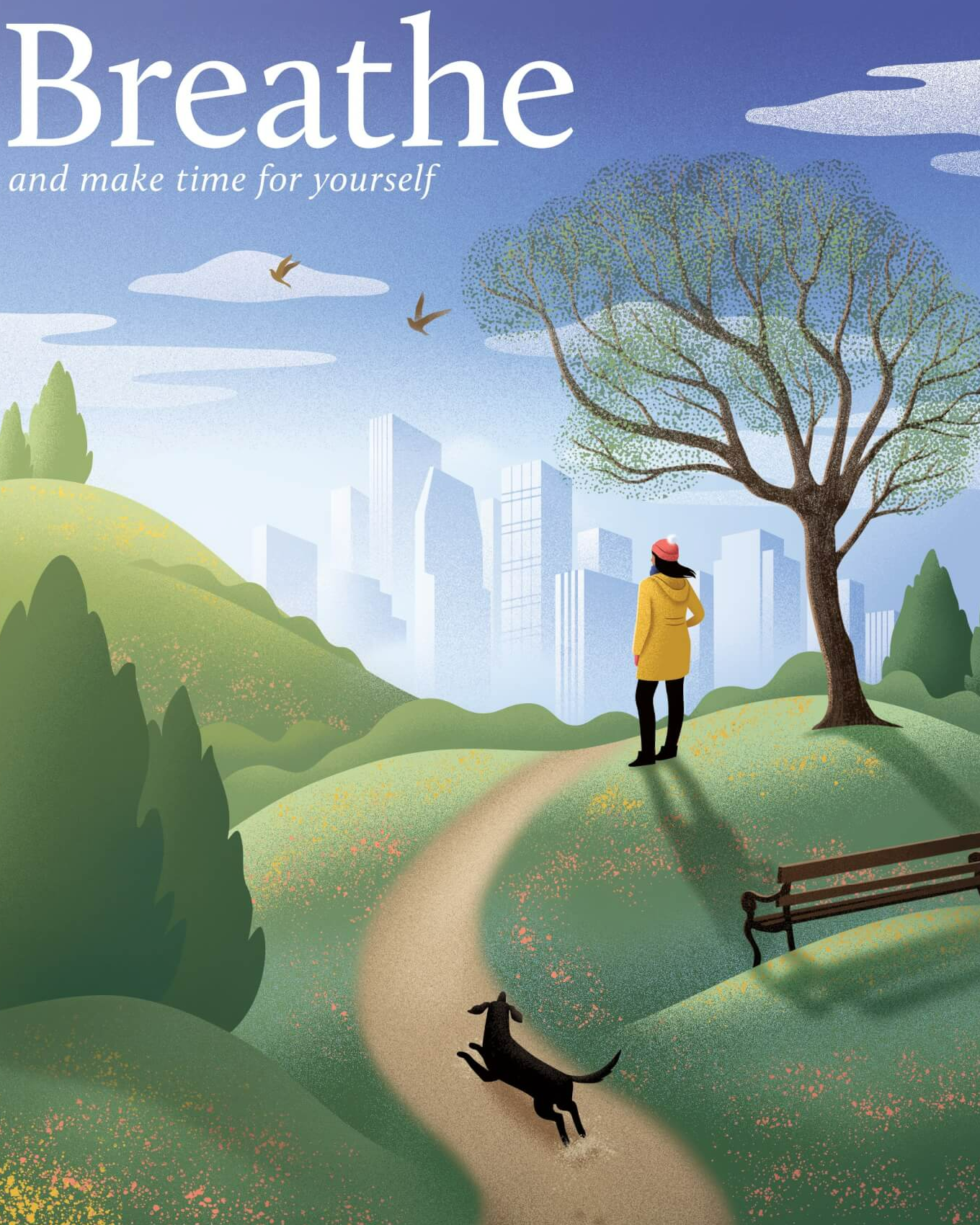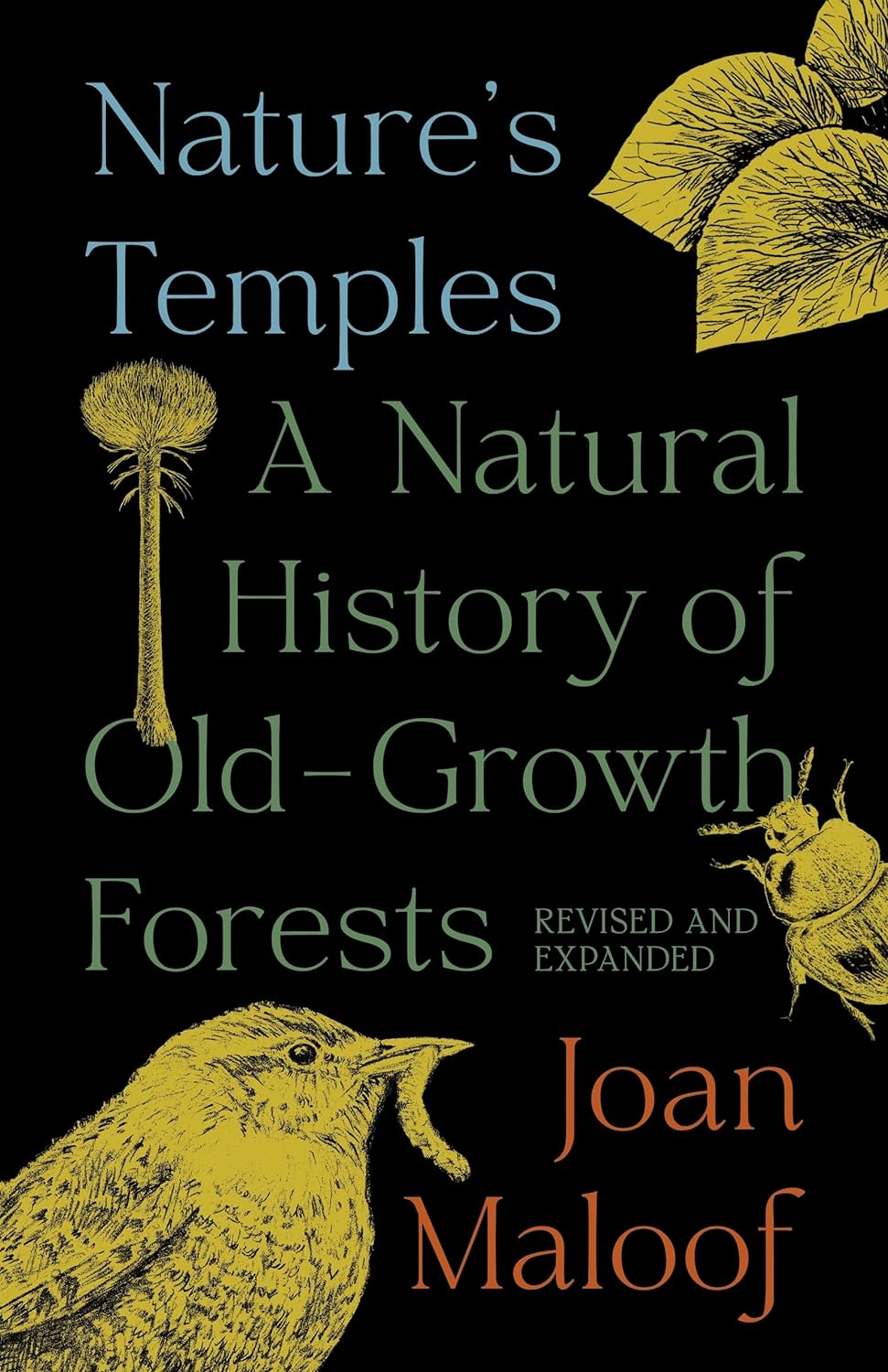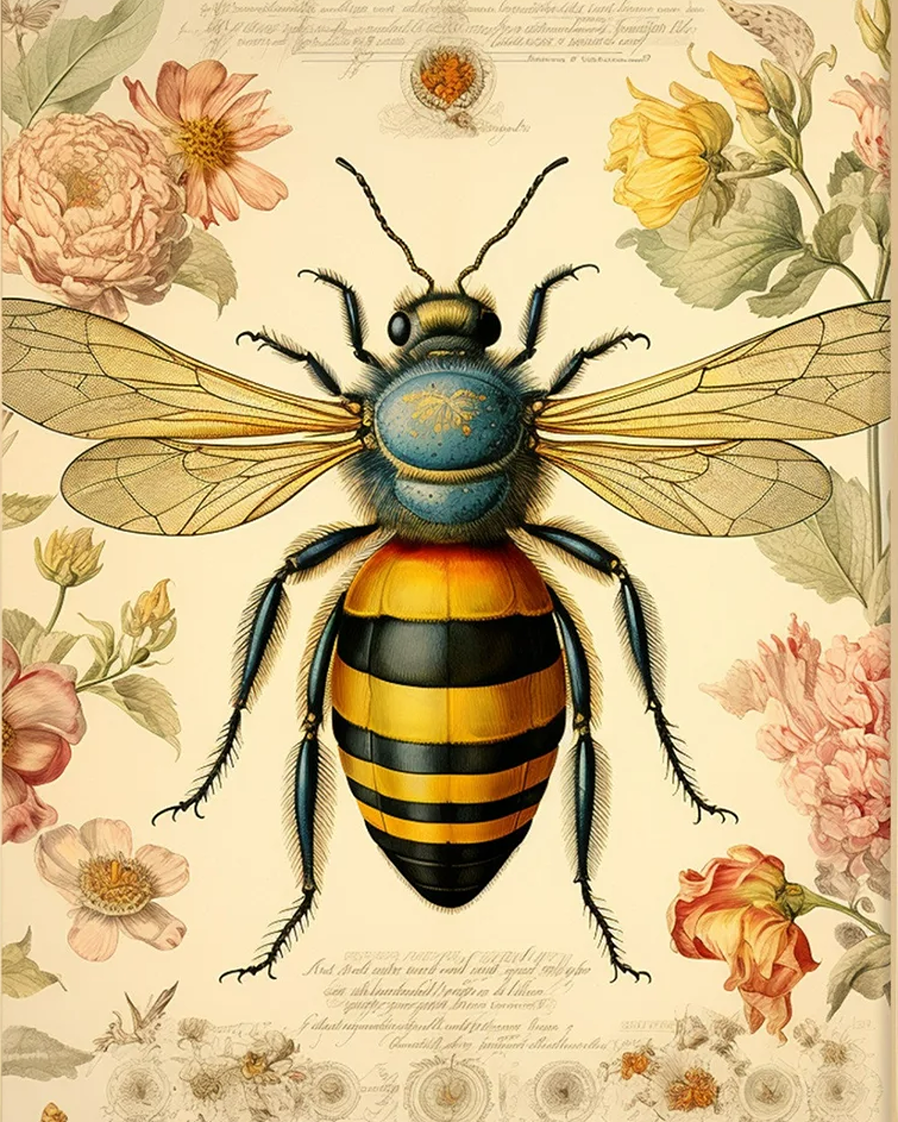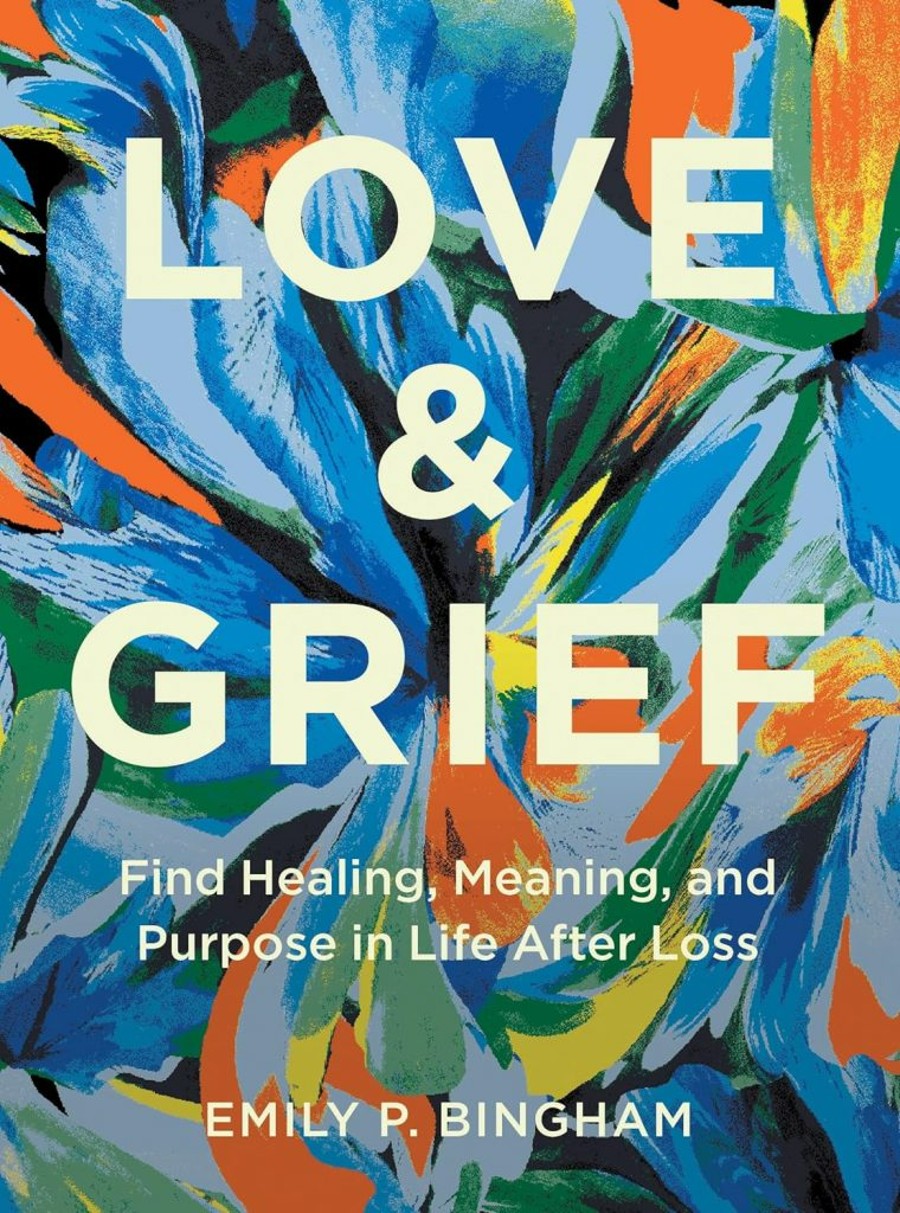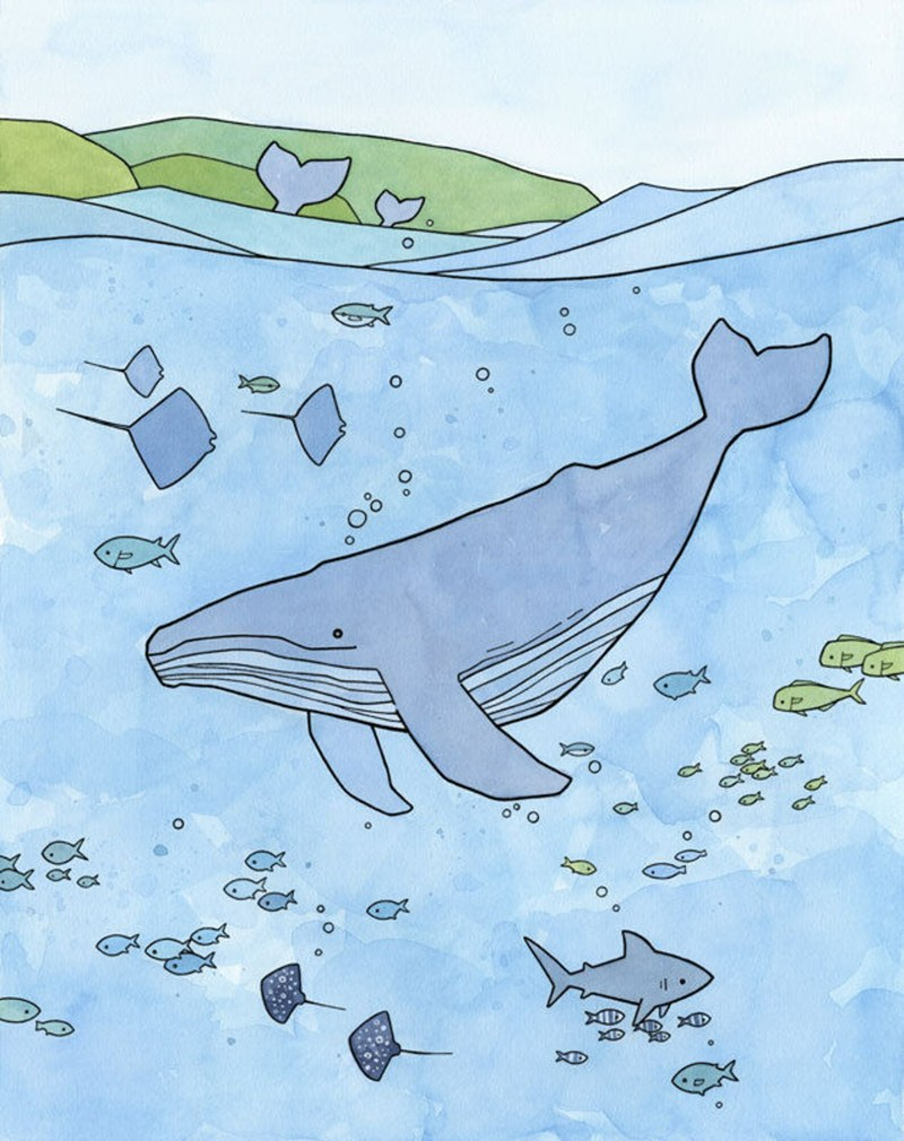
Blue whales are the world’s largest mammals. But all species (including humpbacks, sperm, beluga) are at risk from human actions, including hunting. Orcas (killer whales) are actually dolphins, but also at risk. Whales migrate thousands of miles each year, as do many other creatures. Did you know that Arctic terns fly from the Arctic to Antarctica and back each year (the longest migration of any creature)? Or that wildebeest migration in east Africa is so vast, it can be seen from outer space?
England does not have many whales surrounding our coasts, but they do sometimes swim nearby (mostly in northern England or the southwest). It’s more common to see them in the Scottish Highlands, but climate change, pollution and fishing waste is playing havoc.
Avoid plastic or oil if possible, and choose sustainable perfumes (ambergris is basically whale poop, cloaked under the umbrella term for ‘fragrance’). If you sail, read tips to be a more sustainable sailor and reduce ghost fishing waste.
If you see a whale in distress, call British Divers Marine Life Rescue. Never pour water into a whale’s blowhole (like our nostrils, needed to breathe). Dummy whales used on beaches for their Marine Mammal Medic Course are so lifelike, that locals often rush over to help!
ask Michelin to stop serving whale meat
Whale & Dolphin Conservation is asking people to ask Michelin to stop serving whale meat. It’s the goal of many top chefs to earn a Michelin star or two, yet the Michelin Guide still recommends some restaurants that serve whale meat, and even rewards some with a star. It takes hours for whales to die (some heavily pregnant with calves) and they play a huge role in marine biodiversity. Be careful if you go on a cruise down the Fjords. Whale meat is often served as ‘steaks’ to unsuspecting tourists.
It may be ‘gourmet local food’ to some people in Greenland or the Faroe Islands. But whales are endangered and there are laws (often flouted) not to hunt them. So they have no place being recommended by Michelin guides. It wouldn’t recommend people eat endangered tigers or rhinos, so why whales?
books to learn more about whales
Humpback Whale is a beautifully illustrated guide for young readers. Learn how these ‘singing giants’ of the ocean’ use special ‘bubble nets’ to catch fish. The book (by a pioneering Sri Lankan marine biologist) also touches on the dangers they face from hunting and noise pollution, and how conservation efforts have restored their numbers.
Show Us Where You Live, Humpback is a beautifully told story about humpback whales, showing how children and baby whales love to swim, sing and blow bubbles. The underwater bond between a mother humpback whale and her calf, is touchingly like our own. Patterned in a call-and-response format (the mother observes and the child responds), the book is peppered with facts, then leaves readers gently falling asleep, dreaming of the wonderful world we share with whales.

